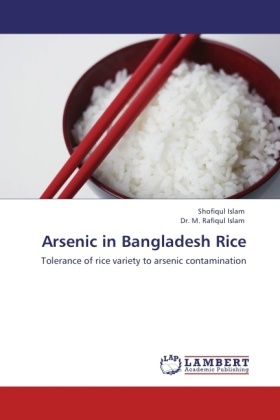Description
Détails du produit
| Auteurs | Dr M Rafiqul Islam, Dr. M. Rafiqul Islam, M. R. Islam, M. Rafiqul Islam, Shofiqu Islam, Shofiqul Islam |
| Edition | LAP Lambert Academic Publishing |
| Langues | Anglais |
| Format d'édition | Livre de poche |
| Sortie | 07.09.2011 |
| EAN | 9783845433745 |
| ISBN | 978-3-8454-3374-5 |
| Pages | 124 |
| Catégorie |
Sciences naturelles, médecine, informatique, technique
> Biologie
> Agriculture, horticulture; sylviculture, pisciculture, alimentation
|
Commentaires des clients
Aucune analyse n'a été rédigée sur cet article pour le moment. Sois le premier à donner ton avis et aide les autres utilisateurs à prendre leur décision d'achat.
Écris un commentaire
Super ou nul ? Donne ton propre avis.

